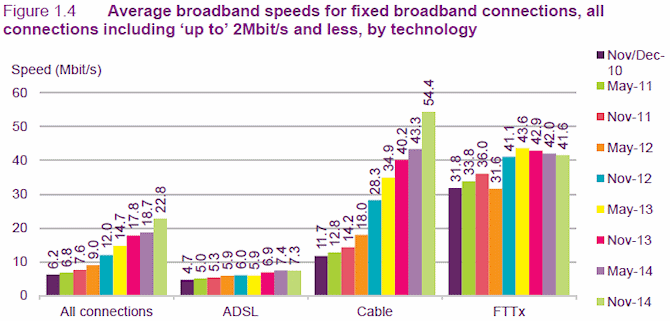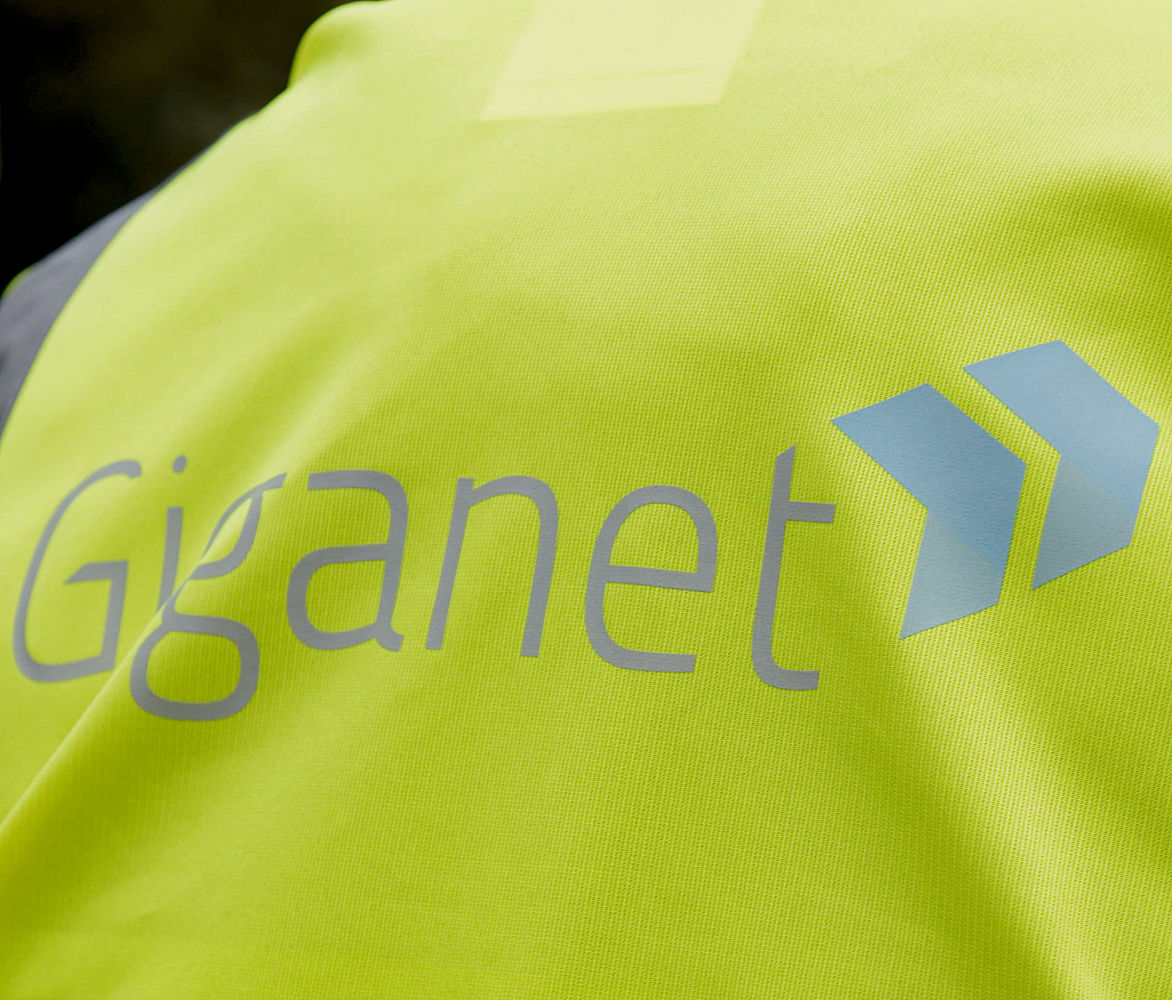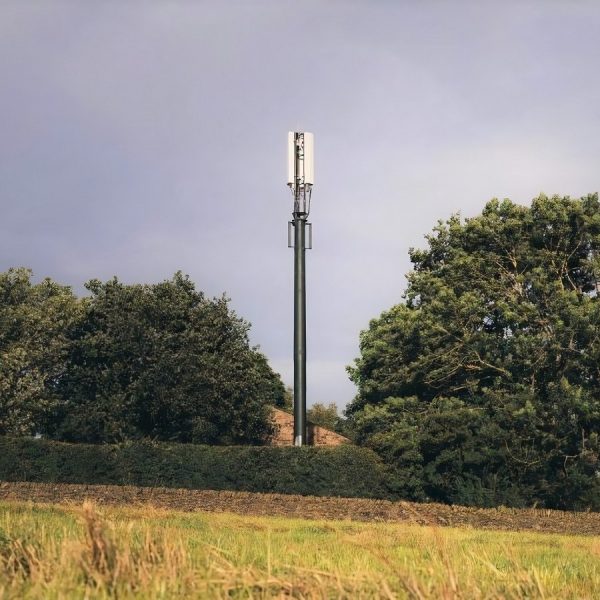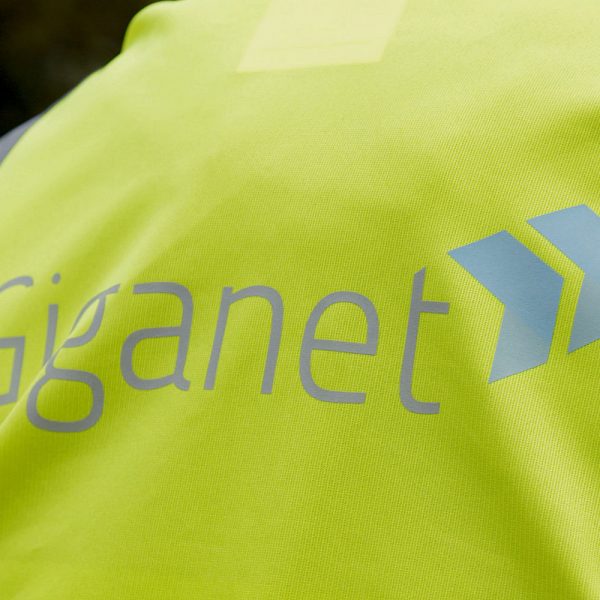UPDATE Ofcom – Slow Broadband Speeds Mean You Can Exit Contract Anytime
Consumers who suffer significantly slower broadband speeds than promised by their ISP will, under Ofcom’s new rules, be allowed to exit their contract at any time. But the new rules will only apply to providers that offer ADSL2+ (up to 20Mbps) or FTTC / VDSL (up to 40-80Mbps) based services (i.e. Virgin Media is excluded).
The national telecom regulator’s move is designed to coincide with the introduction of their new migration rules on 20th June 2015, which will force most of the markets fixed line broadband and phone providers to adopt a new harmonised switching system called GPL NoT+ (full guide here). The system will make it easier to switch by only requiring consumers to contact their new (gaining) provider.
At the same time Ofcom yesterday opened a new monitoring and enforcement programme to help keep an eye on the market for ISPs that make it difficult for consumers to cancel their contracts (here). But it now appears as if the regulator will do more than merely monitor the market and indeed they intend to give consumers even more protection from slow ISPs.
Sharon White, Ofcom CEO, said:
“When Ofcom was established, access to a reliable internet connection and mobile phone was a ‘nice to have’. Now it is essential to the functioning of the economy, to the way people work and live their lives.
Improving delivery to consumers doesn’t just fall at the feet of the regulator. The delivery of first class communications services is primarily the responsibility of providers. Our job is to ensure that markets work for consumers and citizens, principally by encouraging competition.
Where markets don’t work well enough – or where competition alone isn’t enough to secure good outcomes for consumers – then we have powers to intervene.”
The Current Approach
Presently most of the markets main providers have already signed up to the regulators voluntary 2010 Broadband Speed Code of Practice, which among other things requires ISPs to explain to new customers the access line speed that they’re likely to achieve at home, and to try to resolve any problems when speeds fall significantly below the estimate.
Any ISPs that fail to resolve the above problem must allow customers to leave, without penalty, within the first 3 months of a new contract; albeit after the provider has first been given a chance to resolve the issue.
The New Approach
Sadly most of the United Kingdom cannot receive the more stable broadband speeds delivered by Virgin Media’s cable (EuroDOCSIS) platform or via pure fibre optic (FTTH/P) providers like Hyperoptic, Gigaclear and B4RN etc. However Virgin Media do now intend to reach around 60% of the UK by 2020 (here).
Instead the vast majority of us find that our only fixed line option is to take one of those ‘up to’ 20Mbps ADSL2+ based standard copper broadband connections or an ‘up to’ 40-80Mbps style hybrid Fibre-to-the-Cabinet (FTTC / VDSL) service that is confusingly often referred to as “fibre broadband” (e.g. BTInfinity) even though it uses some copper cable just like ADSL2+.
But copper telecoms cable, whether it runs from the telephone exchange (ADSL) or merely from a nearby street cabinet (FTTC) and then into your home, is vulnerable to all sorts of problems (poor quality wiring, EM interference, water ingress etc.) and the signal degrades over distance. In short both solutions, but particularly ADSL/ADSL2+, are known to be highly variable Internet access technologies.
As such Ofcom’s new rule will target DSL services like ADSL because these are the most likely to fall foul, as proven by many previous speedtests. Just look at the average performance for ADSL connections below and consider how that often comes from services advertising speeds of up to 16-24Mbps (Ofcom’s last speeds report).

The new rules are still based around Ofcom’s existing Minimum Guaranteed Access Line Speed (MGALS), which reflects the access line speeds achieved by the slowest 10% of the ISPs customers. In other words if your actual access line speed falls below the MGALS level then you are allowed to exit the contract (note: customers will in future be told the ISPs MGALS at point of sale, which will come alongside the usual speed range), although the ISP must still be allowed time to resolve the problem first (e.g. several weeks, often involving a possible engineer visit etc.).
But switching ISP without fixing the underlying issue first may not always result in better performance, although a new provider could equally show more willingness to help and if the issue is capacity related then you may indeed receive improved speeds. In any case the new rule now extends outside of the current 3 month window and is applicable to the entire contract length.
The difficulty for consumers will be in knowing whether or not they meet the MGALS requirement. In any case Ofcom expects some providers to start putting the new code in place from October 2015, although officially it must be in place for January 2016.
Meanwhile Ofcom said they will next month also outline plans to make it easier for mobile phone customers to change provider.
UPDATE 10:12am
The full 2015 Voluntary Code of Practice for Broadband Speeds is now online. Ofcom has also included a rough summary of what’s changed for 2015.
Ofcom’s 2015 Code Changes
• Require speed estimates to be provided in the form of a range by ISPs providing FTTC/VDSL and fixed broadband delivered via fixed wireless technology (such as WiMAX, satellite and LTE).
• Specify that the Code applies to the sale of residential products, including upgrades/downgrades from the effective date of this Code onwards.
• Focus the type of information required to be given at point of sale to the key information which would allow a consumer to make an informed choice about the proposed broadband service before entering into a contract.
• Specify information which is relevant to a customer’s use of the broadband service to be provided following the sale (including information given about speeds at point of sale and the additional post-sale information specified below).
• Require ISPs to provide the above information in after sales correspondence (via letter, email and/or in My Account) as soon as possible after the sale has been concluded (and in any event within 7 calendar days), and to set this out clearly in plain English and in an easy to read format.
• If a customer requests further information on any of these issues at the point of sale, ISPs should provide further explanation at that point.
• For information on traffic management and fair usage, an ISP should provide guidance in the follow up literature in plain English, including links to website information if an ISP applies such policies.
• Replace the requirement on ISPs using technologies such as cable to indicate the likely throughput speed during peak times to a requirement on all ISPs, regardless of technology, to provide information in the follow-up literature explaining the factors which may cause peak time congestion.
• Extend the arrangements set out in the 4th Principle of the code to apply throughout the full duration of a customer’s contract period.
• Explain how Ofcom will act in cases of non-compliance with the Code.
• Include definitions of the technologies covered by the Code.
Presently only the biggest providers have signed up to the new 2015 code (the rest are still mostly supporting Ofcom’s policy from 2010), although no doubt more will soon join.
UPDATE 12:25pm
A comment from Citizen’s Advice.
Gillian Guy, Chief Executive of Citizens Advice, said:
“Customers have been hit by sky-high exit fees despite getting bad service. Hidden charges and unfair penalties are all too common for mobile phone and broadband consumers. We have found some people can face up to £625 to get out of a broadband contract and £800 to exit a mobile phone deal.
It is good to see Ofcom taking a stronger stance against the companies acting unfairly and hopefully this will start to make the market better for customers.”
Mark is a professional technology writer, IT consultant and computer engineer from Dorset (England), he also founded ISPreview in 1999 and enjoys analysing the latest telecoms and broadband developments. Find me on X (Twitter), Mastodon, Facebook and Linkedin.
« Uptake Surge as 24,000 Small UK Firms Take Superfast Broadband Vouchers
Latest UK ISP News
- FTTP (5515)
- BT (3514)
- Politics (2537)
- Openreach (2297)
- Business (2262)
- Building Digital UK (2244)
- FTTC (2043)
- Mobile Broadband (1973)
- Statistics (1788)
- 4G (1664)
- Virgin Media (1619)
- Ofcom Regulation (1461)
- Fibre Optic (1395)
- Wireless Internet (1389)
- FTTH (1381)
























































Comments are closed